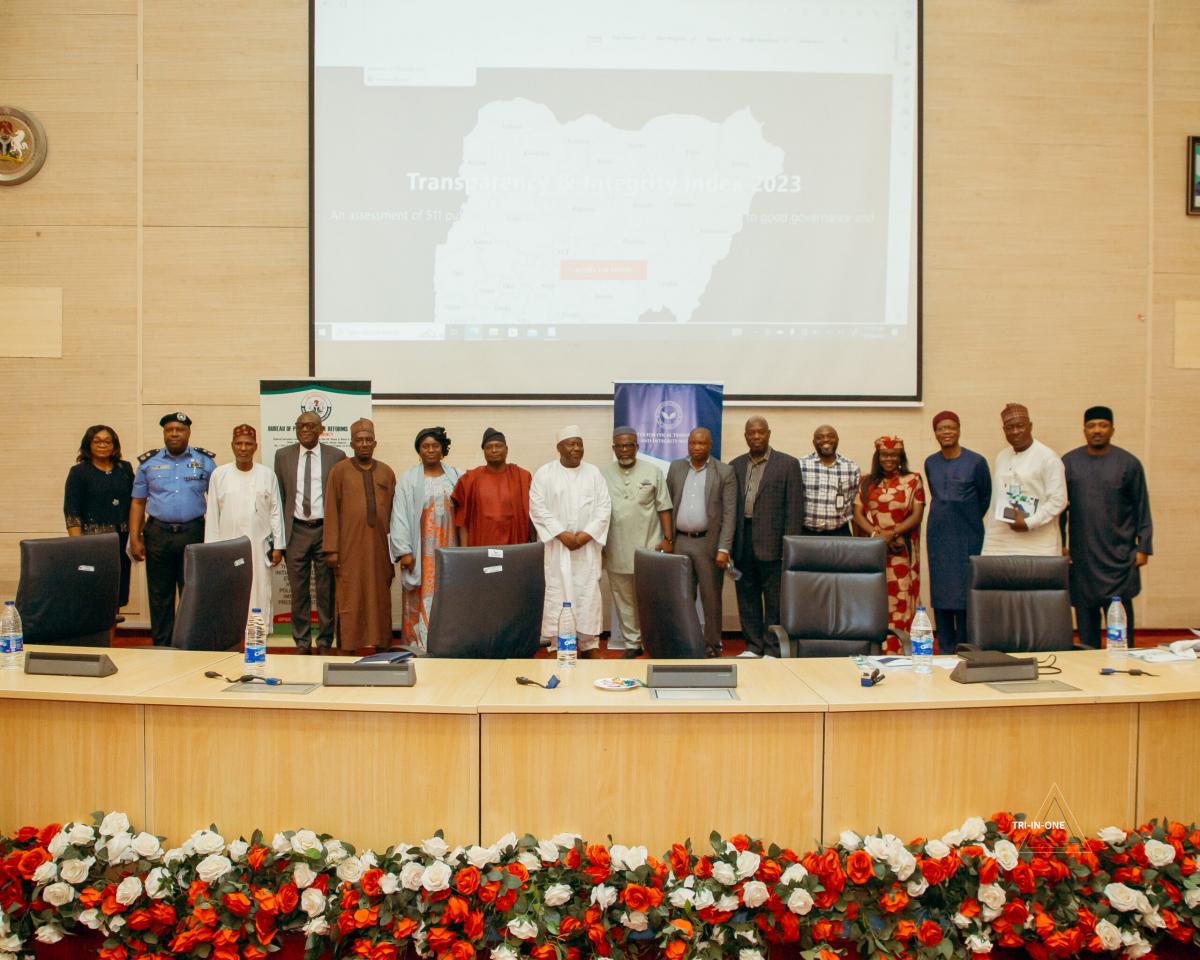There are no products in your shopping cart.
| 0 Items | £0.00 |


NIGERIA'S Bureau of Public Service Reforms (BPSR) has launched a project called the 2025 Transparency and Integrity Index (TII) aimed at strengthening accountability and enhancing ethical standards of operation across government departments.
Part of an ambitious programme, to cut out corruption, improving transparency and enhancing efficiency, the TII tool was unveiled this morning in Abuja. Dasuki Arabi, the BPSR director-general, described the index as a vital tool for strengthening accountability, openness, and ethical standards across ministries, departments, and agencies (MDAs).
He said: "This annual event remains one of the most important platforms for promoting transparency, accountability and integrity within our public institutions. The TII is not just about numbers or rankings, it is about building a culture of openness and responsibility that inspires public trust.
“Now in its fifth edition, the index measures MDAs’ compliance with transparency standards in five critical areas. The index was measured on financial management, control of corruption, open procurement, citizens’ engagement and human resource inclusion."
According to Mr Arabi, the index was conducted in partnership with the Centre for Fiscal Transparency and Public Integrity. He further explained that the TII aligns with the National Strategy for Public Service Reforms, reinforces the Freedom of Information Act and supports Nigeria’s commitments under the Open Government Partnership.
Mr Arabi added: “It also complements the work of anti-corruption agencies such as the Independent Corrupt Practices Commission and the Economic and Financial Crimes Commission, while reflecting Nigeria’s obligations under the United Nations Convention against Corruption. Together, we are building stronger institutions for a more accountable and prosperous Nigeria.”
He further commended the unwavering support of the secretary to the federal government of the federation, other development partners and stakeholders who have contributed to the success of the initiative. Historically, Nigeria has always been regarded as one of the most corrupt countries in the world but of late has climbed out of the top 30 of the Corruption Perception Index list.